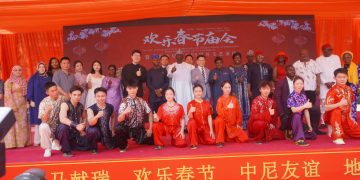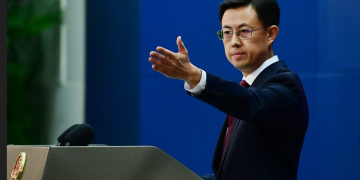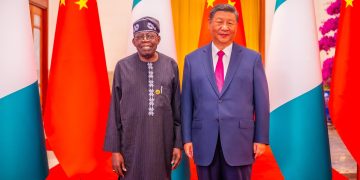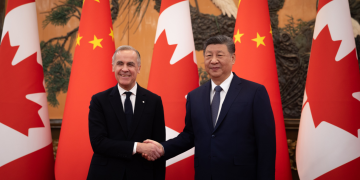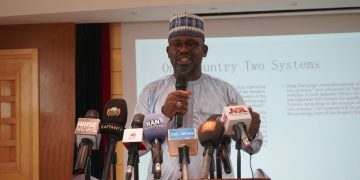China for the first time proposed an international science and technology cooperation initiative at the Belt and Road Conference on Science and Technology Exchange in southwest China’s Chongqing Municipality on Monday.
The initiative calls for advocating and practicing the concept of open, fair, just and non-discriminatory international cooperation in science and technology, adhering to the principle that “science has no borders and benefits all mankind,” and joining hands to build a global community of science and technology.
The initiative urges the improvement of global science and technology governance, the strengthening of intellectual property rights protection, as well as global collaboration on technological innovation, and the building of a global innovation network.
It calls for adherence to the free flow of technological innovation personnel and resources globally, and the strengthening of talent exchanges and cooperation. It advocates the equal participation of all countries and scientific research entities in international science and technology cooperation.
The initiative also calls for strengthening in-depth collaboration and mutual learning between technological innovation bodies, and exploring new mutually beneficial and win-win modes of global technological innovation cooperation.
“At present, momentous changes not seen in a century are accelerating across the world and human development is facing more and more major challenges,” said Yin Hejun, Chinese Minister of Science and Technology.
Human society now needs international cooperation opening and sharing more than ever, and should explore solutions to global issues through cooperation on technological innovation to tackle the challenges of the times and promote peaceful development, Yin said.
Official data released at the conference, which closed on Tuesday, shows that China has signed intergovernmental agreements on scientific and technological cooperation with over 80 Belt and Road partner countries. It also has jointly built more than 50 Belt and Road labs in fields such as health, transportation, materials and energy, and set up over 20 agricultural technology demonstration centers and more than 70 industrial parks in the Belt and Road partner countries.

